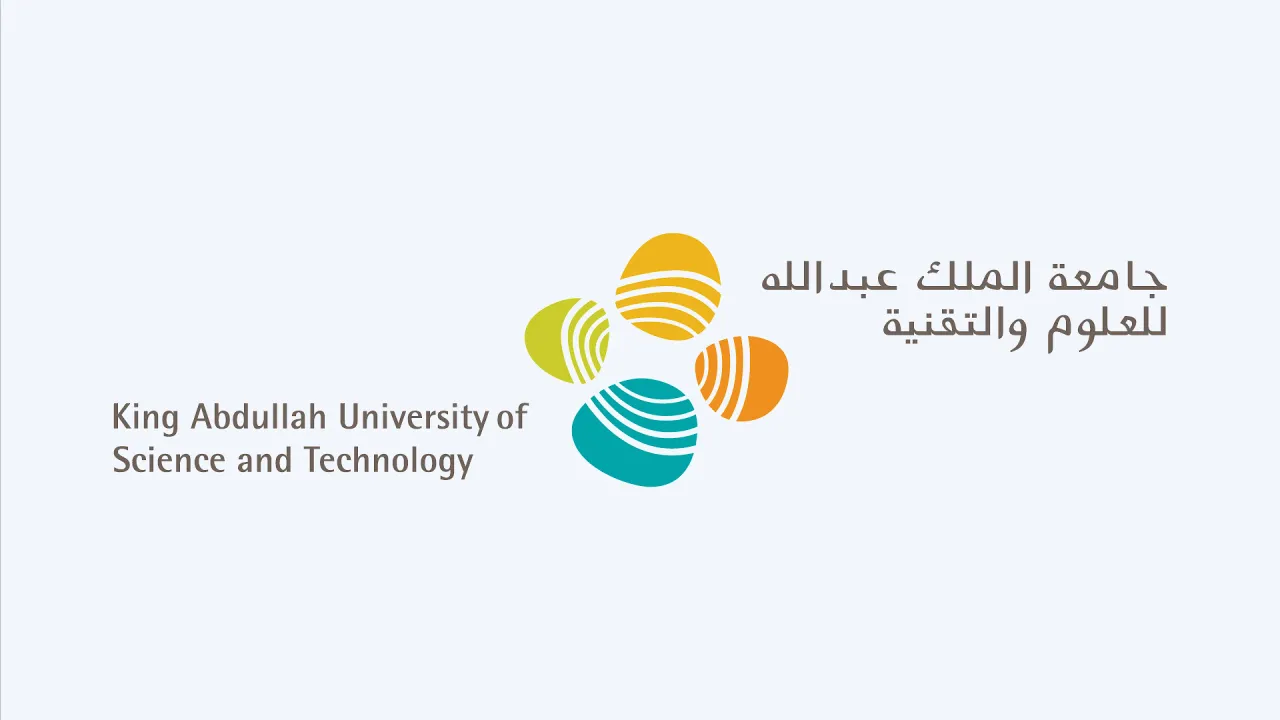
Join Us
Overview
The Hierarchical Computations on Manycore Architectures (HiCMA) group at KAUST invites applications for a post-doctoral research scientist, effective immediately.
The HiCMA group within the Extreme Computing Research Center (ECRC) is seeking newly minted PhDs committed to ushering in the data sparse renaissance in computational linear algebra and nonlinear preconditioning for full-time post-doctoral appointments, with a starting date as early as 1 July 2022.
The positions span several areas of high-performance computing, including numerical linear algebra, second-order methods in optimization, distributed computing, machine learning, and performance optimizations on contemporary and emerging hardware architectures, motivated by applications to sustainability-oriented campaigns in science and engineering (materials, energy, climate/weather, subsurface imaging, genome-wide association study, etc.).
Computational linear algebra is undergoing a renaissance in at least three senses: replacing artifactually over-ordered computations with less synchronous ones, replacing formally dense but data-sparse computations with hierarchically low-rank ones, and replacing default double precision computations with multiple-precision ones. These relaxations address the principal bottlenecks of exascale in many applications with linear algebra at their core and are among the major targets of the Hierarchical Computations on Manycore Architecture (HiCMA) software library of the ECRC.
Researchers will work in a team-based, deadline-driven research and development environment with the opportunity to participate in the design, development, and maintenance of numerical software libraries in the context of supporting the aforementioned extreme-scale scientific applications on advanced massively parallel systems equipped with accelerators.
Researchers will (co-)author journal papers to document research findings, present the team’s work at international conferences and workshops and KAUST-sponsored specialist meetings, and help mentor students and train users in the center’s multidisciplinary environment.
REQUIRED EDUCATION:
PhD in computer science, computational science, or related field with demonstrated background in: applied mathematics; numerical analysis; computer architectures and parallel processing; and distributed, multi-core, and GPU computing.
REQUIRED SKILLS:
Scientific software programming techniques; proficiency in C/C++/Python; familiarity with Fortran, MPI, OpenMP, SYCL, and CUDA; familiarity with task-based dynamic runtime systems; low-level system programming abilities (i.e., shell scripting); excellent oral and written communication.
DESIRED EXPERIENCE:
Numerical Linear Algebra – applied mathematics and matrix algorithms, numerical software libraries; Shared Memory Computing – manycore and GPU programming; Distributed Memory Computing – message passing and and networks; Performance Measurement and Optimization – roofline analysis, system software and low-level libraries, benchmarking, performance analysis toolkits
ENVIRONMENT:
Progressive sustainability mission, access to cutting-edge supercomputing facilities, multidisciplinary collaboration opportunities within KAUST and with Saudi Gigaprojects, innovation and entrepreneurship opportunities, multi-cultural community of more than 120 countries, live-work-play tropical seaside campus, competitive compensation, housing, and benefits.